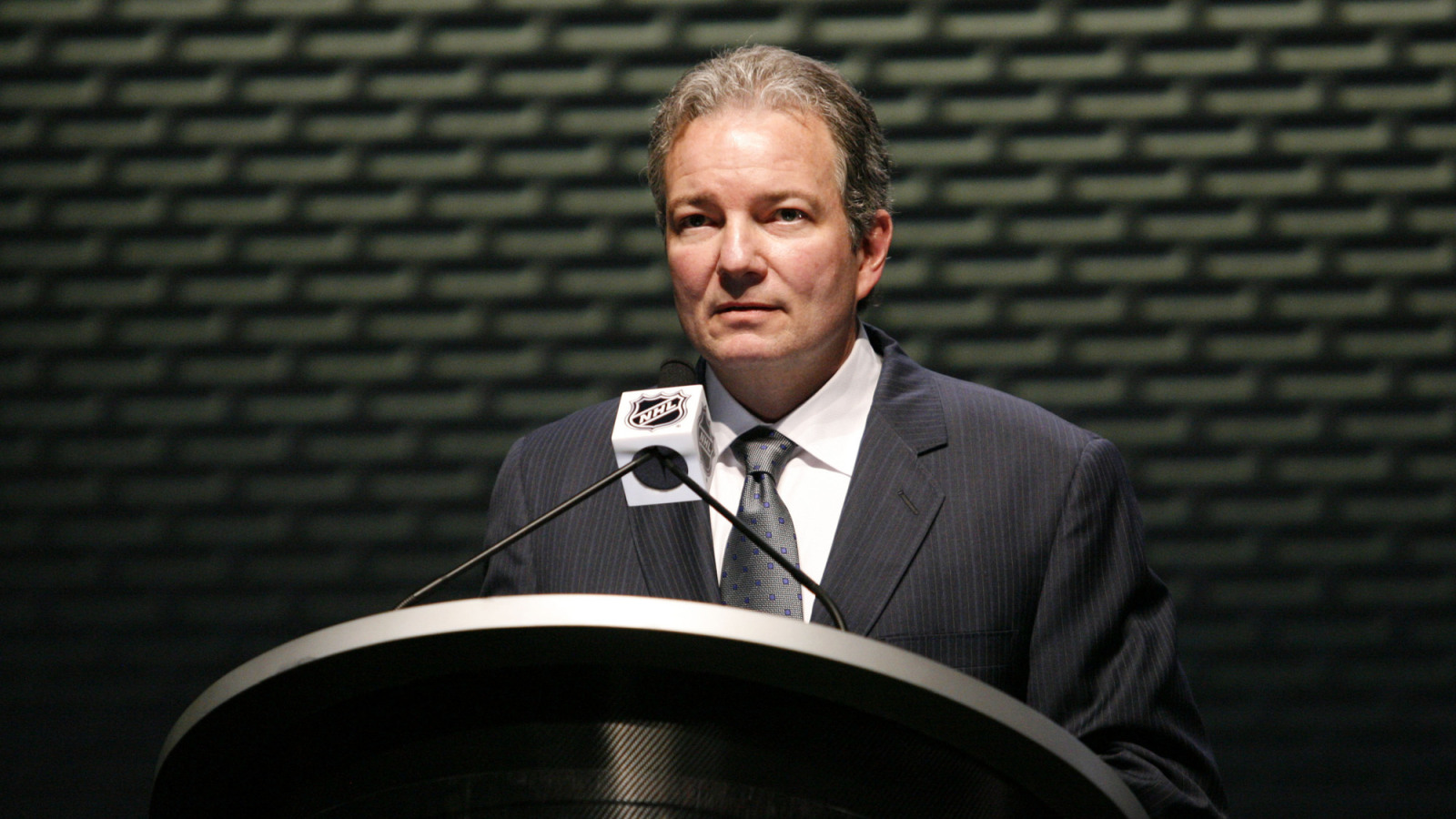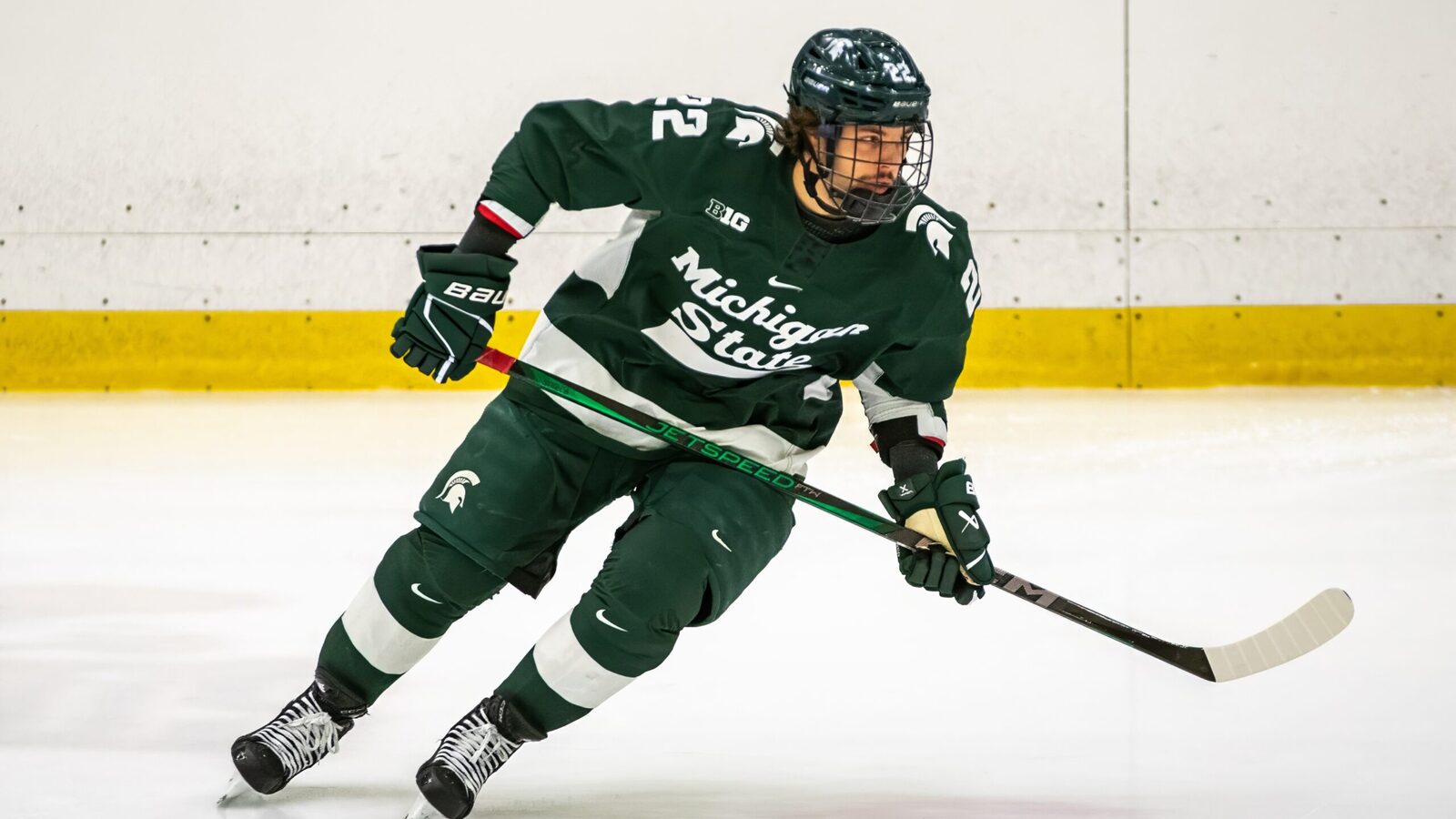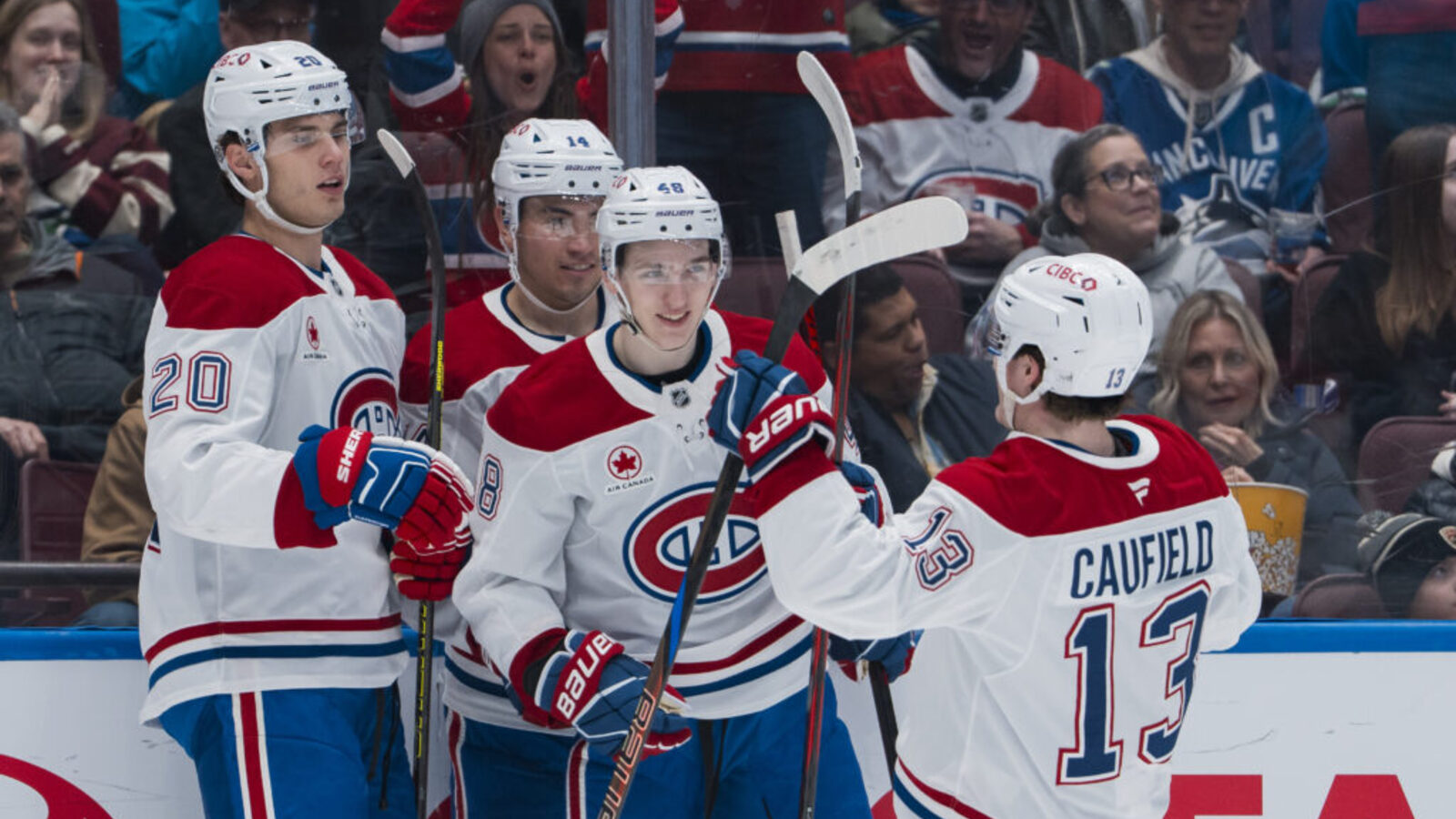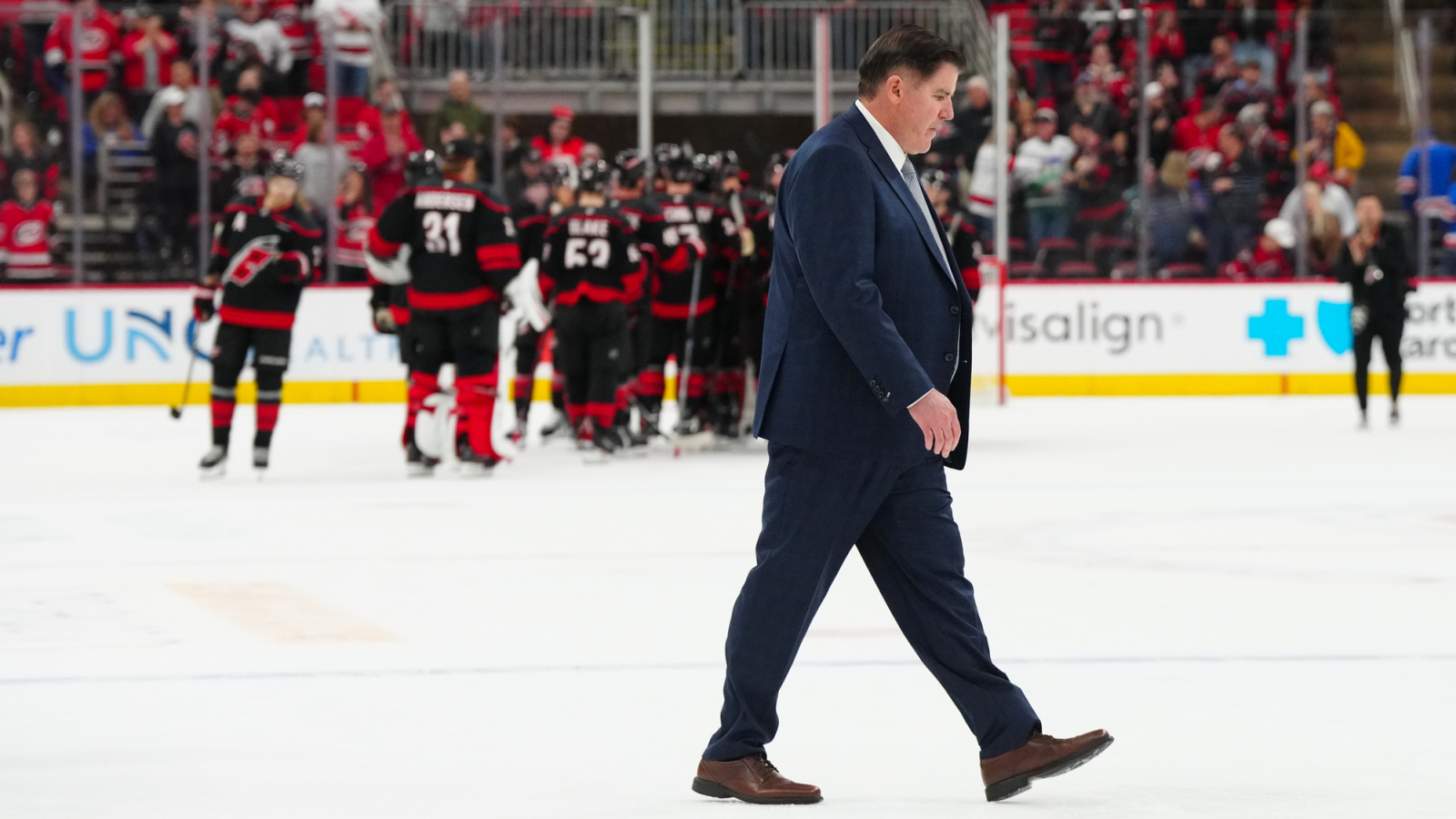
I can still remember the feeling when that email hit the inbox on my Blackberry – one of those messages where you have to pause and click on the address to make sure that it’s legit.
It was 2010. I was a 22-year-old kid, bright green and covering the Flyers for the Philadelphia Daily News.
The message, from then-Pittsburgh Penguins GM Ray Shero: “Thank you for the beautiful tribute for my Dad. Here is my number, call anytime.”
The feeling: Wait, people actually read what I’m writing? A Stanley Cup-winning general manager sending me a message about a story? Is this real?
Earlier that November day, yet another class was inducted into the Hockey Hall of Fame without Fred Shero, and that didn’t sit right. So I talked with Bob Clarke and Ed Snider and began a public campaign for an innovative coach who was so far ahead of his time that it took the rest of the NHL more than a decade to catch up.
That message was the beginning of a beautiful working relationship with Ray Shero. No matter where either one of us went in our following career stops, whenever I’d pick up the phone to call him, he’d jokingly start: “There’s that p—k from Philadelphia!” And we’d laugh.
That is what makes Wednesday’s news all the more difficult to comprehend and digest. The entire hockey world is mourning the passing of one of its finest – a true gentleman, gone way too soon at 62 – who lived as he died, with total class and dignity after a brief illness.
You know, there are certain people you come across in life for whom you may not remember the moment or message, but you’ll never forget how they made you feel. For me, he was the first league executive to give me the time of day. Anyone who spent even a few minutes in Ray Shero’s orbit will miss that warmth. A hearty handshake, a kind word, a joke with a gregarious laugh.
“Whenever we ran into each other at a rink when he was scouting, it was clear he loved what he was doing and I always marveled at his infectious enthusiasm,” NHL commissioner Gary Bettman said in a statement. “The entire National Hockey League family mourns his passing and sends our deepest condolences to the Shero family and Ray’s many friends throughout the hockey world.”
He was a people person, someone who made hockey better for the way he brought everyone together. Whether you were the security guard working the elevator, a member of the media or one of his players or staff, you got the same treatment from a man people gravitated toward. If you saw him in a hotel bar, he’d invite you to pull up a chair and have a cocktail, where he’d tell you a gripping story from hockey’s heyday. In a professional sports world with bloated egos, there is zero chance that you’d know he’d brick-by-brick built his own remarkable career as a Stanley Cup architect.
That’s because Ray Shero never forgot his roots. He’d be more likely to make a crack at his own playing career, where he proudly captained the St. Lawrence University Skating Saints, than to share a tidbit about how he put the finishing touches on Pittsburgh’s rosters that helped deliver Sidney Crosby’s first Stanley Cup.
He began his post-playing career as an agent for seven years before joining former St. Lawrence teammate Randy Sexton in Ottawa in 1993 as assistant GM of the Senators. Shero remained in Ottawa for five years before David Poile plucked him in 1998 to help build out the expansion Nashville Predators. Shero studied under Poile’s leadership for eight years until the Penguins tapped him to end their eight-year playoff drought.
Shero also ended their Stanley Cup drought, the man responsible for hiring Dan Bylsma and acquiring Chris Kunitz, Bill Guerin, Pascal Dupuis, Hal Gill, Craig Adams and Ruslan Fedotenko. It’s unbelievable now to think that those Penguins teams didn’t win more Stanley Cups, great rosters that experienced inexplicable playoff heartache for one reason or another.
In New Jersey, where Shero succeeded Lou Lamoriello, he may be remembered most for a seismic deal that brought Taylor Hall in exchange for Adam Larsson. The trade was one for one. Hall went on to win the Hart Trophy in 2018. Just as Poile did for him in Nashville, Shero worked to promote his assistants. The branches of Shero’s tree stretch far and wide: Chuck Fletcher, Jason Botterill, Guerin and Tom Fitzgerald, and that’s just to name a few.
One of the last times I saw Shero in person was the night before a recent NHL Draft. He was beaming with pride as he introduced his sons Chris and Kyle, both of whom are carrying on the Shero legacy working in the NHL, forging their own paths as amateur scouts in the Blue Jackets and Flyers organizations.
Shero was a tremendous story teller, a lifetime in hockey in his repertoire of tales. He delivered a punch line with great comedic timing. But whether it was over a cold beverage or sitting in a cold rink, he wasn’t known for his filter.
Audio from interviews needed heavy editing in transcription, because it would be littered with swear words. It implied trust as a journalist. At the end of a conversation, you would close your notebook and he’d say: “Is that enough bulls— for you?” with a wink and warm smile.
In the days leading up to Fred Shero’s posthumous induction into the Hockey Hall of Fame in 2013, I got another message from Ray Shero. He had not forgotten what I wrote years earlier. It said: “Thank you again for campaigning for my Dad, this is such a fantastic thrill to see him included.”
Rest in peace, Ray. Consider this the first step in a campaign for you now, for Kyle and Chris, and for the hockey world whose light is a little less bright without you.


